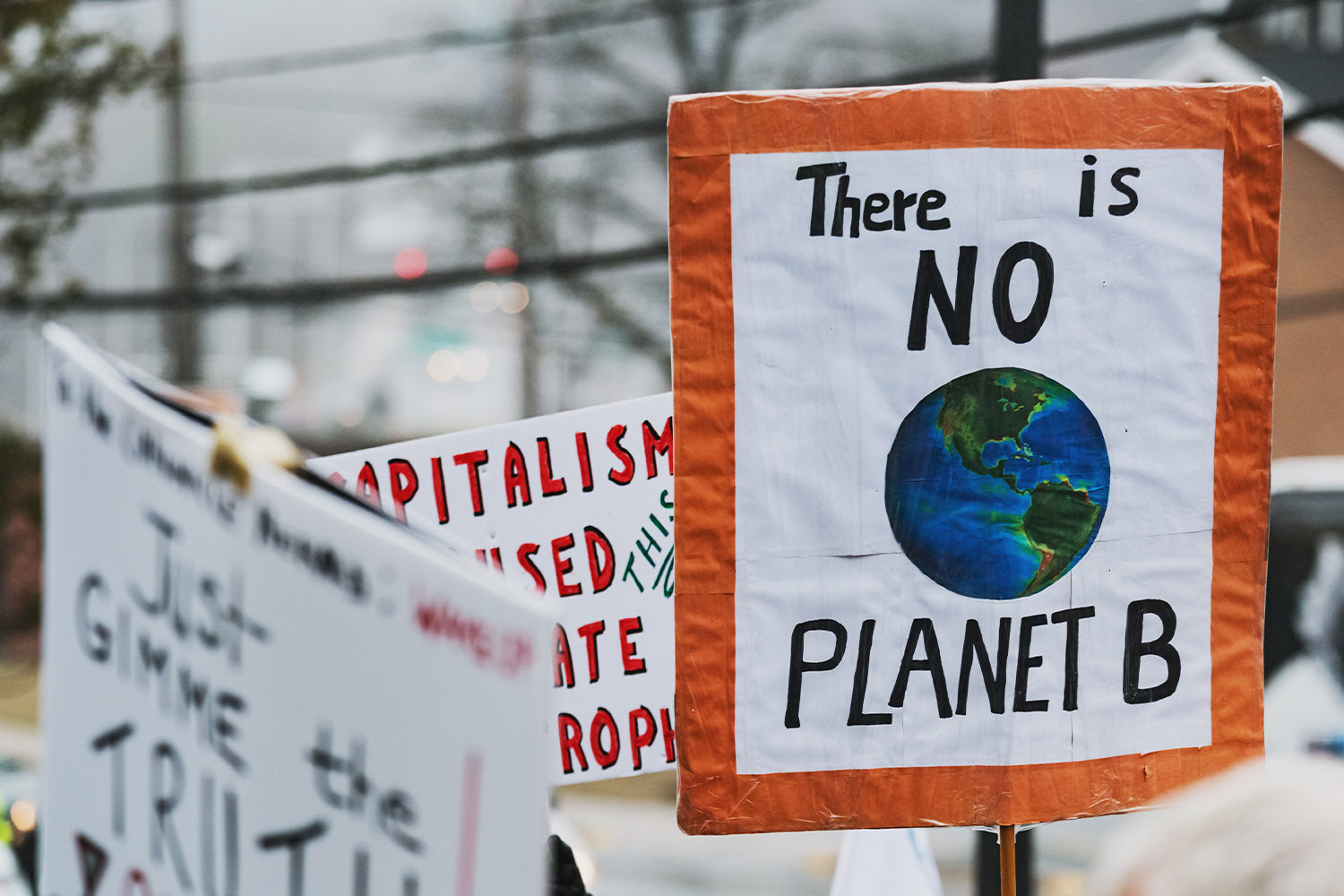Oh green washing! No it’s not the latest Tshirt tie dying trend … although sadly its definitely trending.
At Yogi Bare we like to believe in honesty and transparency hence starting this diary to share everything we are learning and working on when it comes to sustainability. We believe that through openness and admitting when things aren’t perfect we can make genuine progress and “call a spade a spade” as it were. Rather than using the spade to bury reality and pretend things are greener than they are.
We now live in an age where green values and environmental choices are a hygiene factor and an expectation for businesses. But sadly this is leading to many companies manipulating the system and their consumers and using convoluted marketing terms and green synonyms when the products don’t match up to this. Gosh with the energy, time and expense going into some of these Greenwashing campaigns these companies could actually fix and solve the issues!

The masking and prolonging of Greenwashing is more damaging for the environment as the more false knowledge prevails in the industry, media and even manufacturers … the longer this cycle continuous.
And its not all deceptive, new brands or old brands wanting to do the right thing are building upon untrue information that are being touted as facts. They feel pressure to match up to the information and say the same things but its like building upon sand.
I have to admit that even I believed in certain material choices … until I rolled my sleeves up and started questioning everything and doing my research. It takes time and effort but we are here to help and provide resources and things to look for.
So don’t be disheartened if you have been hoodwinked by the shiny, expensive excellent marketing ploys and packaging techniques using words such as ethical, green and sustainable when the companies products are not. This is greenwashing.
But its not all bad news, eco warriors are fighting back. The rise of social media giving voices and platforms for information to spread quickly has meant people are being upheld to the truth. On a more professional level the EU is beginning to introduce accountability legislation to ensure mistruths or unverified claims aren’t being used to sell. This is a great start but there will always be corporations that put profit over people and planet and will abuse the system … finding loopholes and utilising the fact that we don’t have a blanket board of legislation globally. Personally I believe that that is the only way to resolve this – one set of rules for one entire planet. In the mean time we can educate ourselves and make good choices.

Here are our top tips to Recognise Greenwashing.
- Advertising Campaign that says all the BIG! SEXY! ECO! GREEN! Words … but can’t prove the source, doesn’t provide any further or clear information to back it up or just doesn’t make sense in relation to the product or the rest of the company AKA pretty little thing … thank you next!
- Do your research and ask questions. You don’t have to be perfect to be progressive. Just look at us! Its one of the reasons we are publicly sharing where we are currently at, what we are actively doing and where we want to go and how we are working our way there. Admitting your mistakes or knowledge blind spots is step one. And far better than burying it under green washed terms.
- Education! There’s some great books and authentic directories out there to look companies up with ease. Some of our favourite books and accounts and directories include:
- There is No Planet B
- Venetia La Manna – sustainability activist on Instagram
- There is a really good app called Good on You that has information on how sustainable the brands are
- The following Instagram accounts @labourbehindthelabel@cleanclothescampaignand @remakeourworld
- B Corp Directory
- Third party verification. There’s only so far a bunch of jazzy adjectives will get you if they haven’t got authentic back up. Check the website or packaging for actual details of the source, working conditions, sustainability manifesto and certificates. If a company has nothing to hide or understands their product/industry then they’ll be happy to talk.
- And finally there’s some great bodies who conduct rigorous tests and reports before awarding their certifications to “prove” eco credentials. These cannot simply be bought and are evidence of the company bearing this mark having been audited and evaluated. B Corp and Eco Age are a good place to start.

Leave a comment